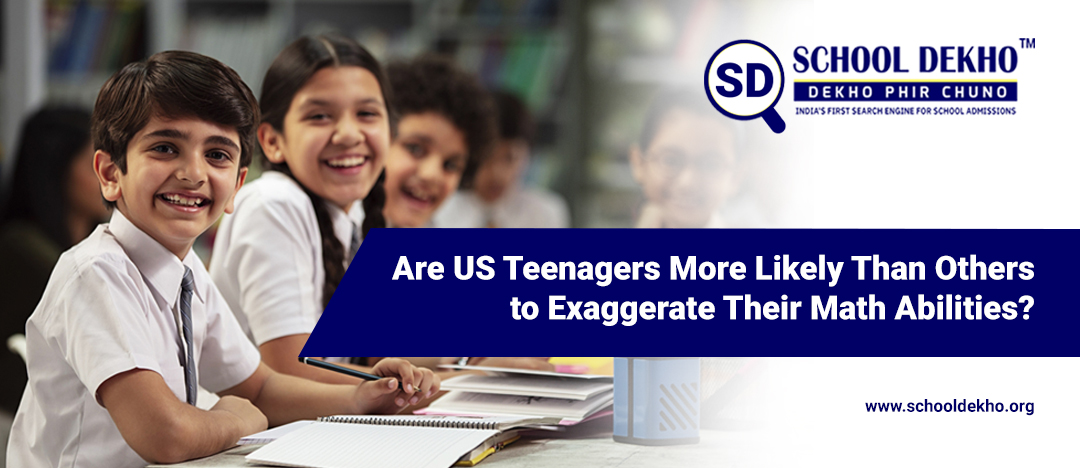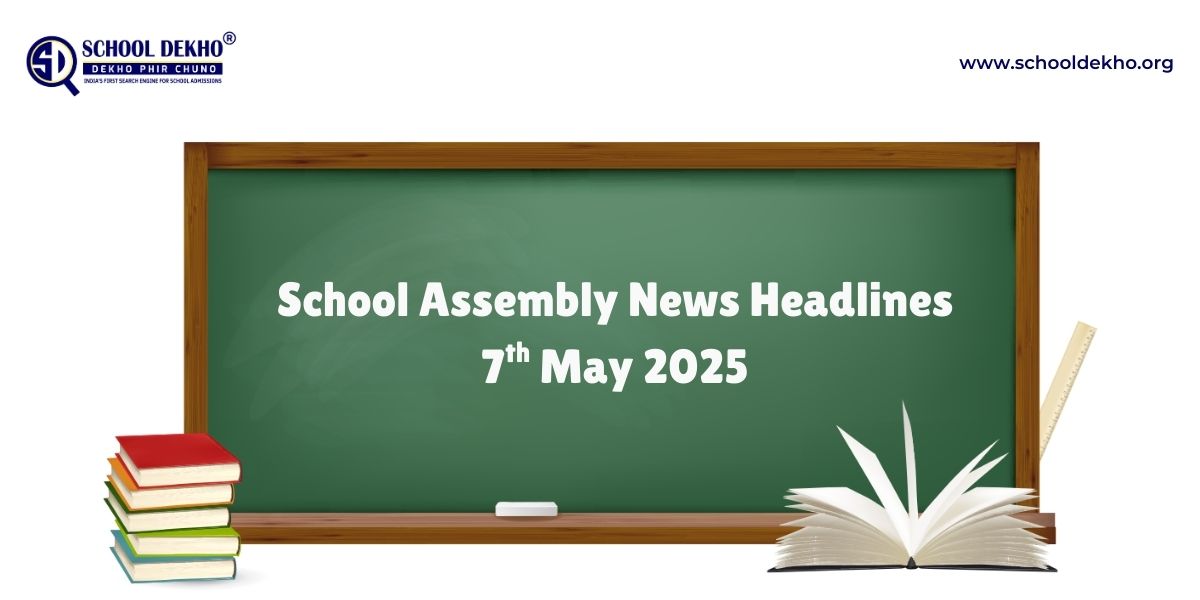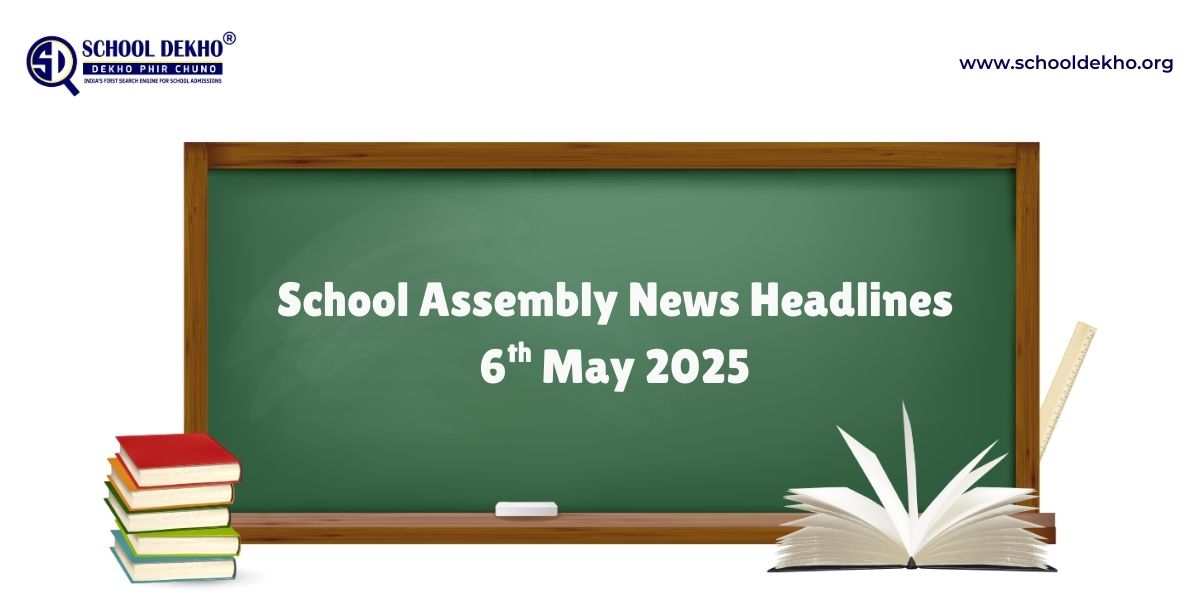
Are US Teenagers More Likely Than Others to Exaggerate Their Math Abilities?
The question of whether US teenagers are more likely than their global counterparts to exaggerate their math abilities is a topic of great interest and concern in the realm of education and psychology. Mathematical proficiency is a crucial skill in today's increasingly technology-driven world, and understanding how adolescents perceive their own abilities can shed light on potential strengths and weaknesses in the education system. In this essay, we will explore the factors contributing to self-perception of math abilities among US teenagers, make international comparisons, and examine cultural influences on mathematical self-confidence.
Self-Perception of Math Abilities:
The self-perception of math abilities among teenagers is a complex phenomenon influenced by various factors. One key factor is the educational system itself. In the United States, students often encounter standardized testing and high-stakes exams, which can put significant pressure on them to excel in mathematics. This pressure may lead some students to exaggerate their math abilities as a defense mechanism to cope with the stress and expectations associated with academic performance.
International Comparisons:
To determine if US teenagers are more likely to exaggerate their math abilities, it is essential to make international comparisons. The Program for International Student Assessment (PISA) provides valuable insights into the mathematical proficiency and self-perception of math abilities of 15-year-olds from various countries. PISA scores indicate that while US students perform slightly below the average in mathematics, they do not significantly exaggerate their abilities compared to their peers in other countries. In fact, many countries face similar challenges in terms of self-perception of math abilities among teenagers.
Cultural Factors:
Cultural influences play a crucial role in shaping students' perceptions of their math abilities. In some cultures, there is a strong emphasis on academic excellence and high expectations for mathematical proficiency. In such environments, students may be more likely to exaggerate their math abilities to meet societal and familial expectations. However, it is important to note that cultural factors are not uniform within a country, and individual experiences can vary widely.
STEM Education Initiatives:
The United States has recognized the importance of promoting STEM (Science, Technology, Engineering, and Mathematics) education to prepare students for the demands of the modern workforce. STEM initiatives have been implemented to enhance mathematical skills and confidence among teenagers. These initiatives aim to bridge the gap between self-perception and actual math abilities by providing students with the necessary resources and support to succeed in math-related fields.
Conclusion: In conclusion, the perception of math abilities among US teenagers is influenced by a combination of factors, including the educational system, international comparisons, cultural influences, and STEM education initiatives. While self-perception of math abilities can vary among individuals, there is no conclusive evidence to suggest that US teenagers are more likely than others to exaggerate their math abilities when compared to their international peers. Instead, it is essential to focus on improving mathematical education, reducing the pressure associated with high-stakes exams, and promoting a positive attitude towards math to foster genuine confidence in this critical skill.
Contact with Us
Call: 1800 - 2588 - 074
Mail: info@schooldekho.org
Student’s Best Education Portal | School Dekho | India's First School Search Engine | Best Schools Near Me | Find Schools Near me | Dekho Phir Chuno
#dekhophirchuno







Leave your thought here
Your email address will not be published. Required fields are marked *